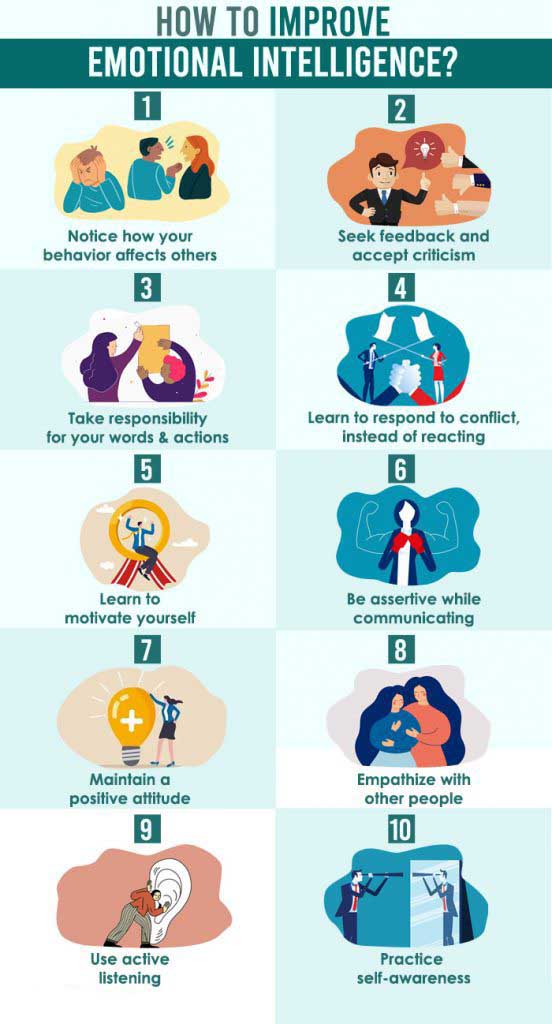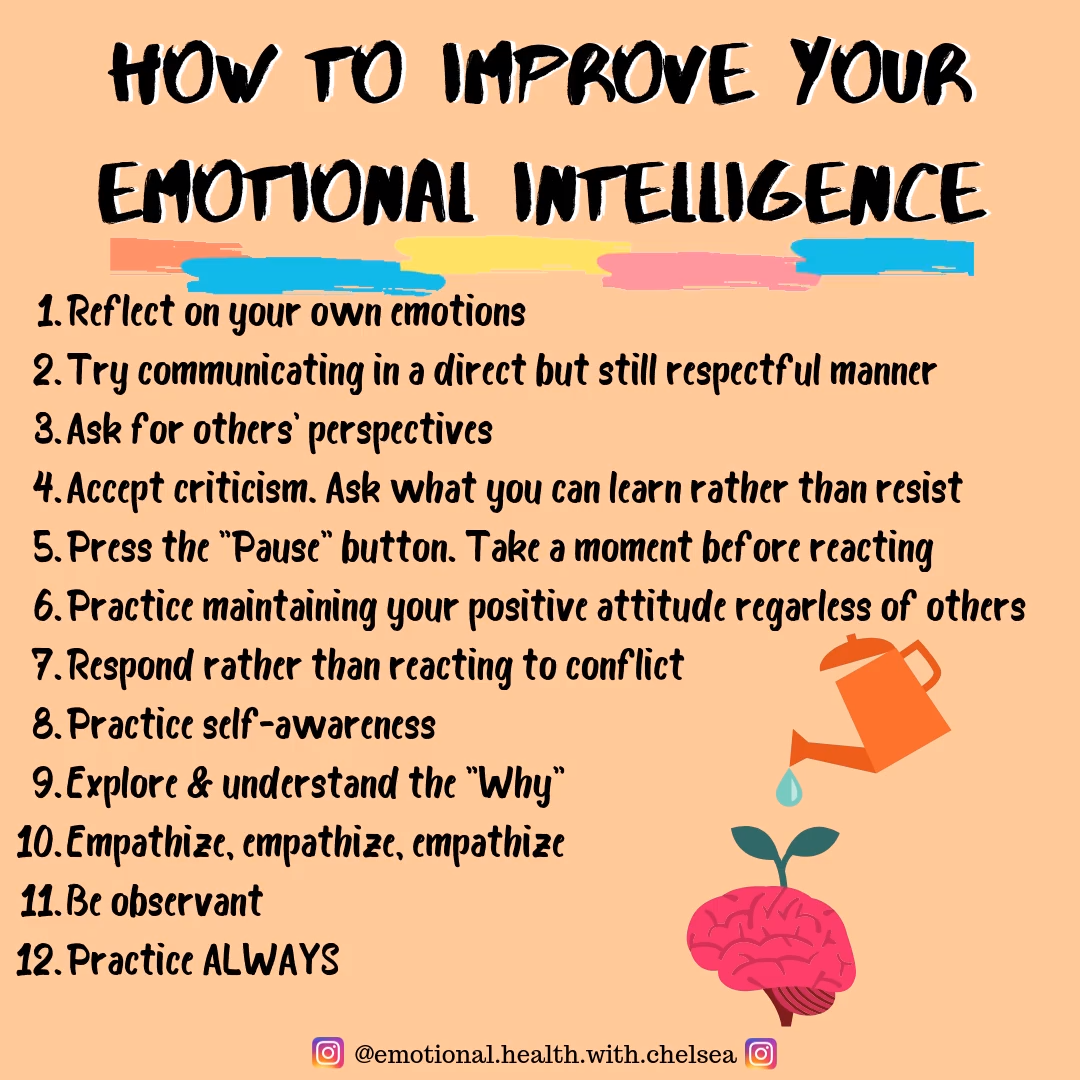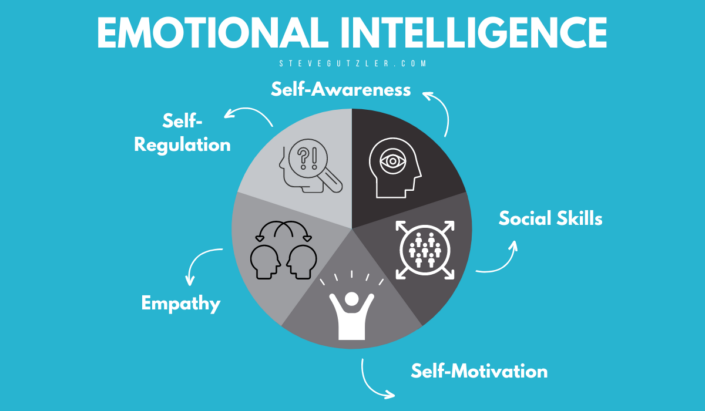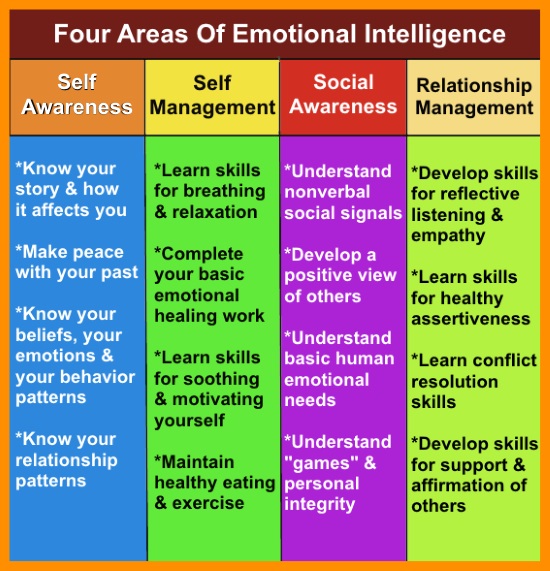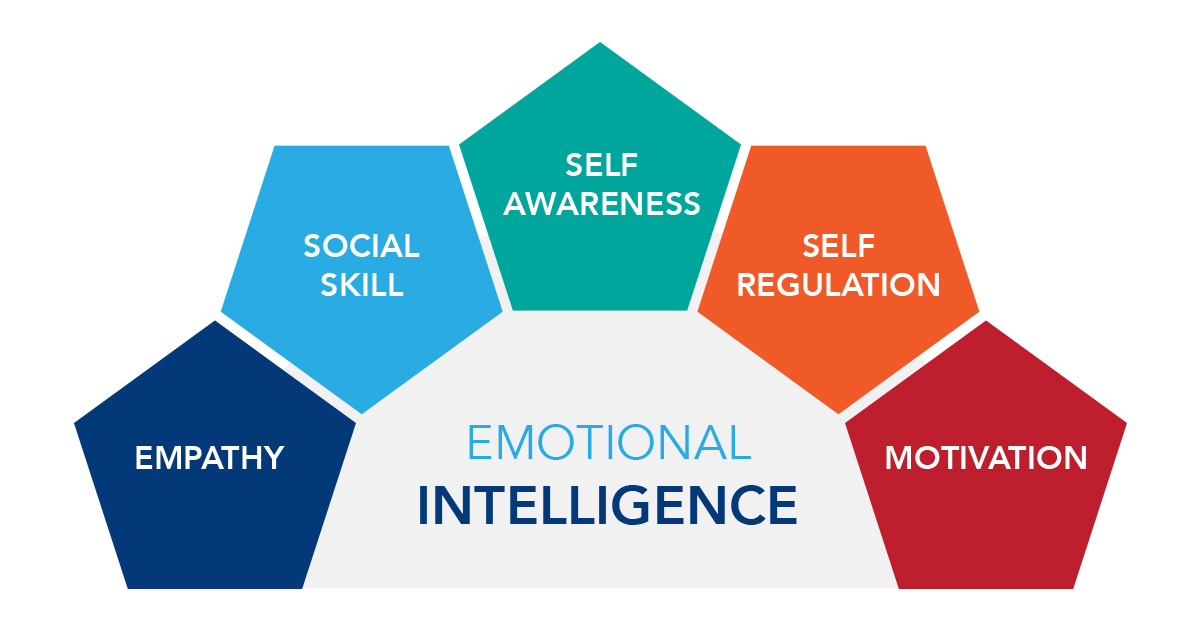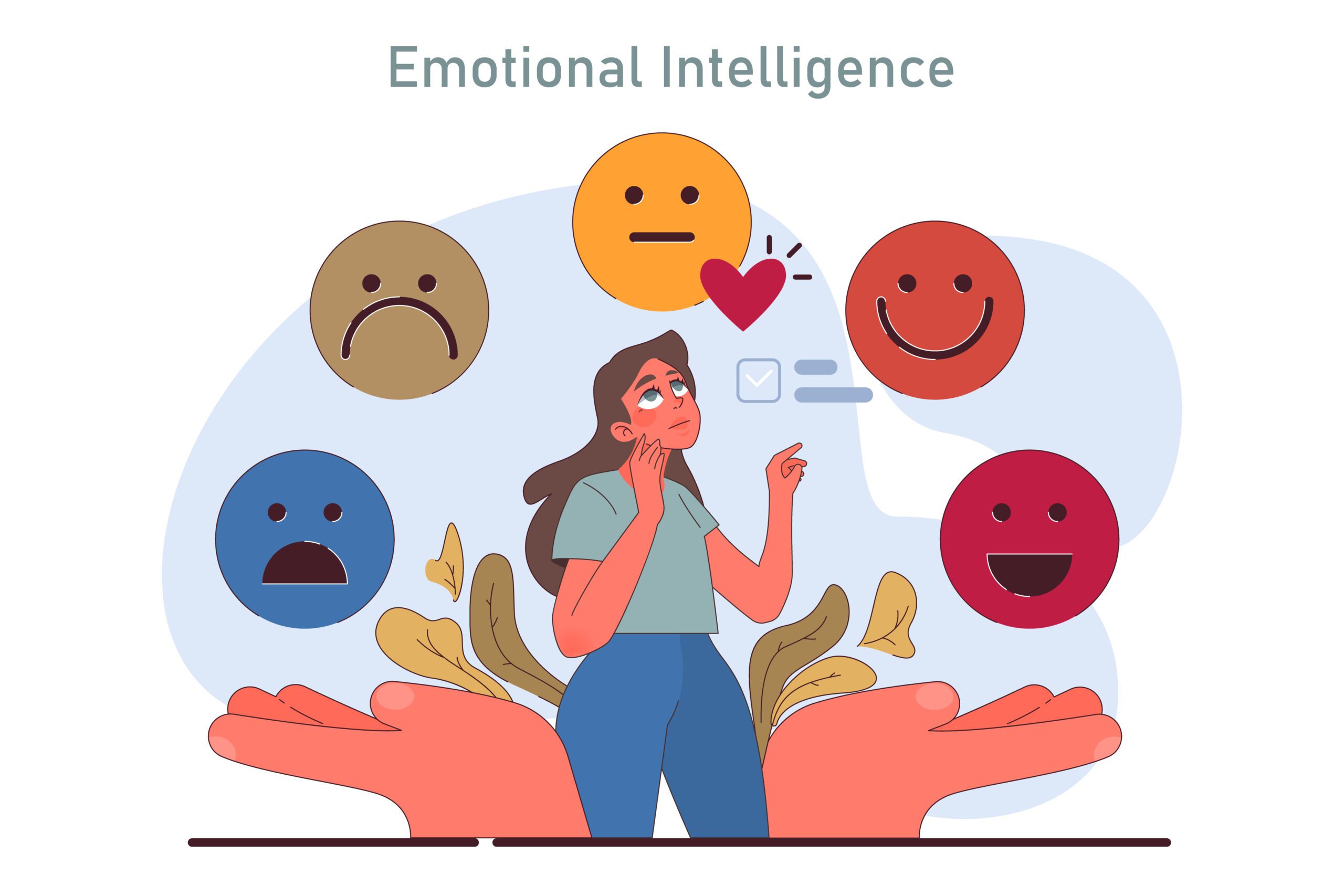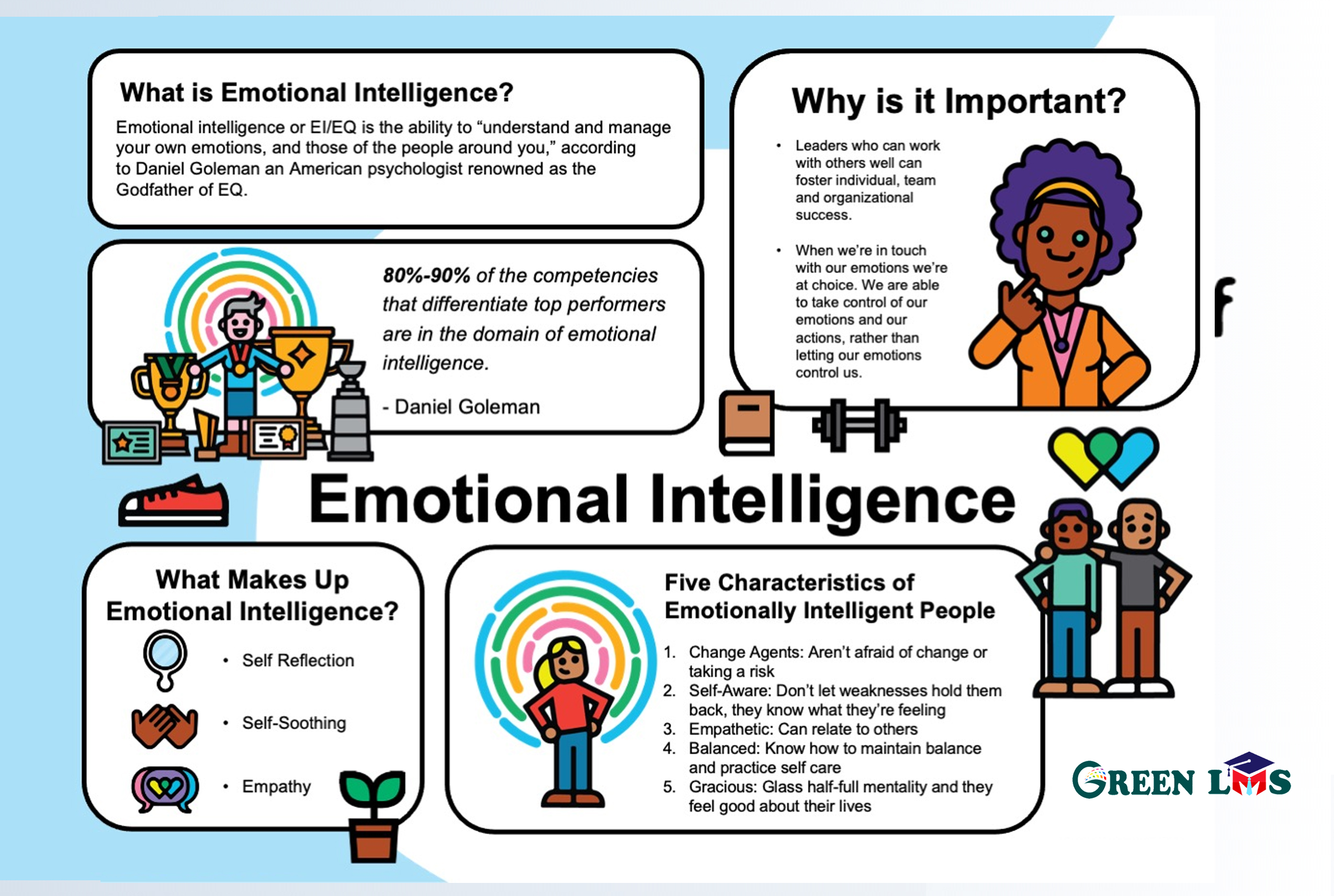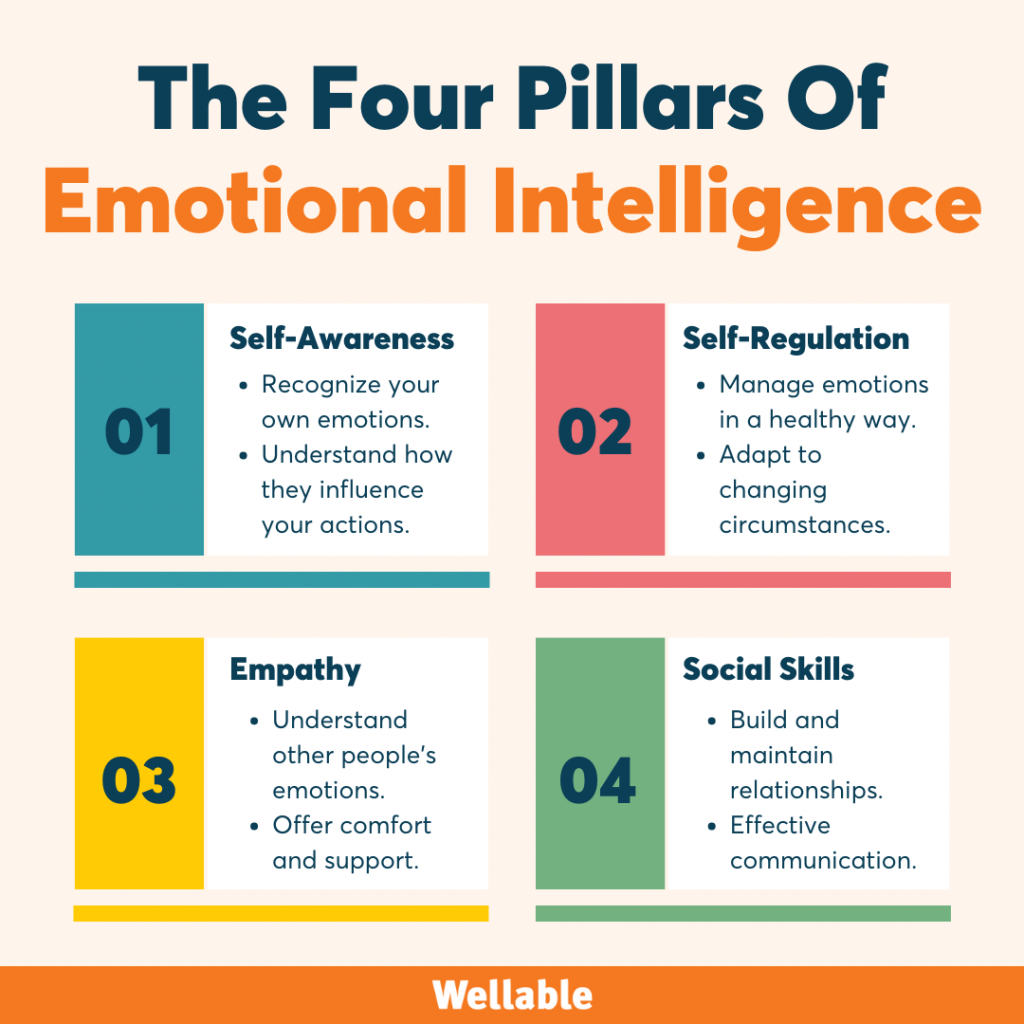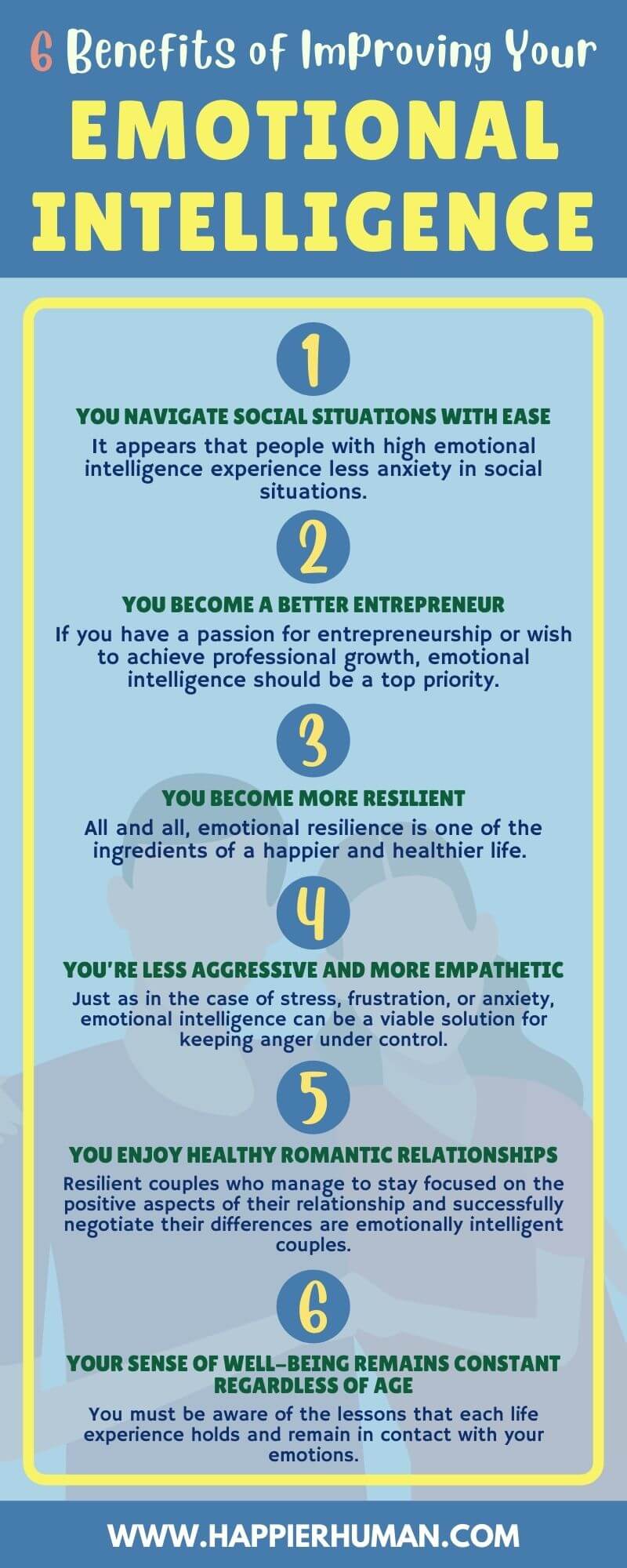How To Grow Emotional Intelligence
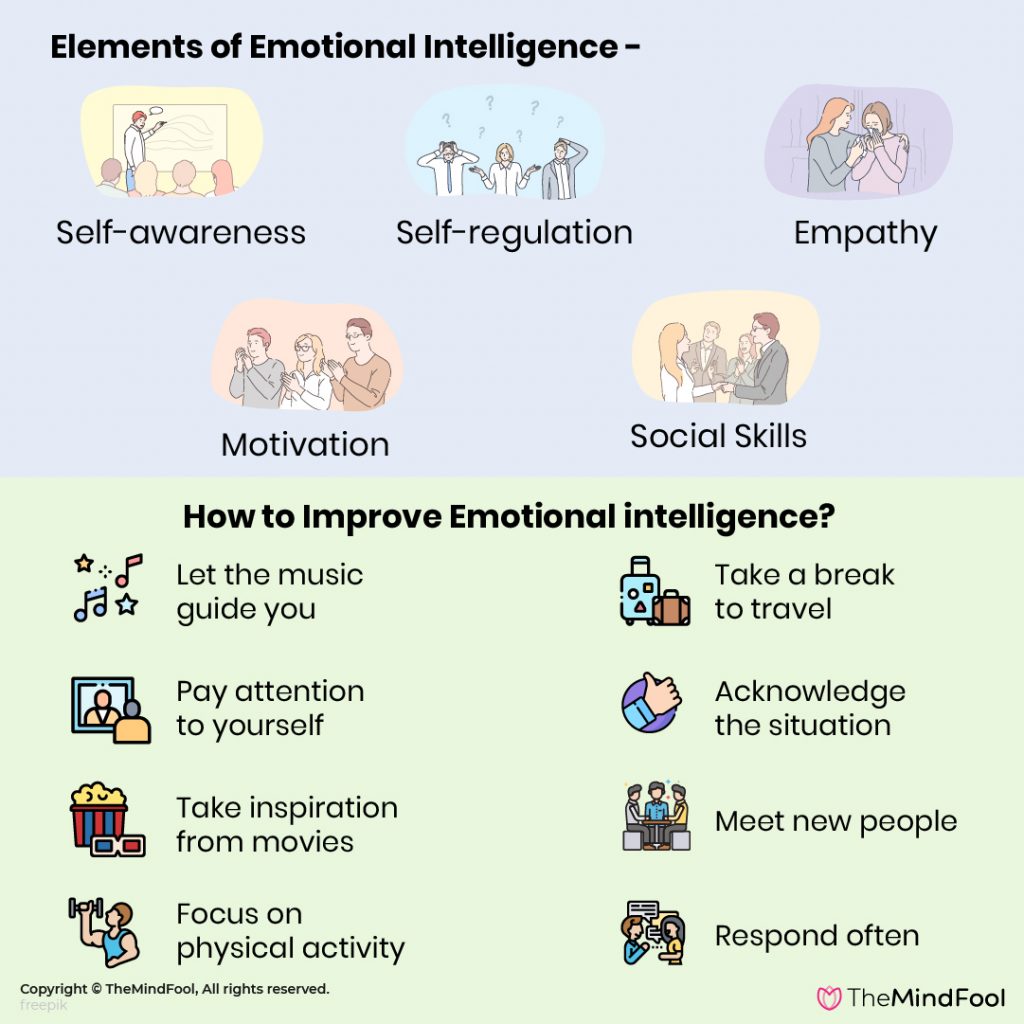
In an increasingly interconnected and complex world, success is no longer solely defined by intellectual prowess or technical skills. While cognitive abilities remain crucial, the ability to understand, manage, and navigate emotions – both our own and those of others – is emerging as a critical determinant of personal and professional well-being. Developing emotional intelligence, often referred to as EI or EQ, is no longer a 'nice-to-have' but a 'must-have' skill for thriving in the 21st century.
This article delves into the multifaceted nature of emotional intelligence and provides actionable strategies for cultivating it. It explores the key components of EI, drawing on insights from psychology, organizational behavior, and neuroscience to offer a comprehensive guide. We’ll examine practical techniques, backed by research, that can empower individuals to enhance their emotional awareness, regulation, empathy, and social skills, ultimately leading to improved relationships, better decision-making, and greater overall success.
Understanding the Cornerstones of Emotional Intelligence
Emotional intelligence is not a singular trait, but rather a constellation of interconnected abilities. Leading EI researchers, such as Daniel Goleman, have identified five key components: self-awareness, self-regulation, motivation, empathy, and social skills.
Self-Awareness: Knowing Your Emotions
Self-awareness is the foundation of EI. It involves recognizing and understanding your own emotions, as well as their impact on your thoughts and behavior. Cultivating self-awareness requires honest introspection and a willingness to acknowledge your strengths and weaknesses.
One effective technique is practicing mindfulness. Mindfulness exercises, such as meditation, can help you become more attuned to your internal state and notice subtle emotional cues that might otherwise go unnoticed.
Journaling is another powerful tool for enhancing self-awareness. Regularly writing about your experiences, thoughts, and feelings can provide valuable insights into your emotional patterns and triggers.
Self-Regulation: Managing Your Emotions
Self-regulation is the ability to control and manage your emotions in a healthy way. It involves responding to situations thoughtfully rather than impulsively.
Techniques like deep breathing exercises and cognitive reappraisal can be incredibly helpful. Cognitive reappraisal involves challenging negative or unhelpful thoughts and reframing situations in a more positive light.
According to a study by Harvard Business Review, individuals with high self-regulation are better able to handle stress and adapt to changing circumstances.
Motivation: Harnessing Your Emotions for Goals
Emotional intelligence includes using your emotions to drive you towards achieving your goals. This goes beyond simply wanting something; it's about using your inner passions and values to fuel your actions.
Identifying your core values is a crucial step. Once you understand what truly matters to you, you can align your goals with those values, creating a stronger sense of purpose and motivation.
Visualization techniques can also be effective. Regularly visualizing yourself achieving your goals can boost your confidence and motivation.
Empathy: Understanding Others' Emotions
Empathy is the ability to understand and share the feelings of others. It involves putting yourself in someone else's shoes and seeing the world from their perspective.
Active listening is essential for developing empathy. This involves paying close attention to what others are saying, both verbally and nonverbally, and trying to understand their underlying emotions.
Reading fiction can also enhance your empathy skills. Studies have shown that reading literary fiction can improve your ability to understand and interpret the emotions of others.
Social Skills: Building Strong Relationships
Social skills encompass your ability to interact effectively with others. This includes communication, conflict resolution, and teamwork.
Practicing assertive communication is key. This involves expressing your needs and opinions clearly and respectfully, without being aggressive or passive.
Seeking feedback from trusted colleagues or friends can provide valuable insights into your social skills and areas for improvement.
The Long-Term Benefits of Emotional Intelligence
Developing emotional intelligence offers a wide range of benefits, both personally and professionally. Individuals with high EI tend to have stronger relationships, better communication skills, and greater success in their careers.
According to a 2016 report from the World Economic Forum, emotional intelligence is one of the top 10 skills needed to thrive in the modern workplace.
Improving your EI also contributes to increased well-being and reduced stress levels. By understanding and managing your emotions effectively, you can navigate challenges with greater resilience and maintain a more positive outlook on life.
Looking Ahead: The Future of Emotional Intelligence
As organizations increasingly recognize the importance of emotional intelligence, we can expect to see a growing emphasis on EI training and development programs in the workplace. The ability to cultivate and enhance one's emotional intelligence is an ongoing journey, requiring consistent effort and self-reflection.
Furthermore, technology may play a role in the future of EI development. New apps and platforms are emerging that offer personalized feedback and guidance on emotional skills, helping individuals track their progress and identify areas for improvement.
By embracing the principles and techniques outlined in this article, individuals can embark on a transformative path toward greater emotional awareness, regulation, and social competence, unlocking their full potential and thriving in an increasingly complex world.


